

Articles
How Old Is My Refrigerator
Modified: January 21, 2024
Discover the age of your refrigerator with our helpful articles. Find out if it's time for an upgrade or maintenance to keep it running efficiently.
(Many of the links in this article redirect to a specific reviewed product. Your purchase of these products through affiliate links helps to generate commission for Storables.com, at no extra cost. Learn more)
Introduction
Refrigerators are an essential appliance in every household, keeping our food fresh and drinks cold. But have you ever wondered how old your refrigerator is? Knowing the age of your refrigerator can give you valuable insights into its lifespan and help you plan for any necessary repairs or replacements. In this article, we will explore the factors that can affect the lifespan of a refrigerator, how to determine the age of your refrigerator, signs that your refrigerator is getting old, and maintenance tips to prolong its lifespan.
Key Takeaways:
- Understanding the signs of an aging refrigerator, such as increased energy consumption and temperature fluctuations, can help you make informed decisions about repairs or replacements, ensuring your food stays fresh and your appliance operates efficiently.
- Regular maintenance, including cleaning, inspecting and adjusting temperature settings, and protecting against power surges, is crucial for prolonging the lifespan of your refrigerator. By following these practices, you can save on costly repairs and enjoy a reliable appliance for years to come.
Read more: How To Get Rid Of Old Refrigerator
Factors Affecting Refrigerator Lifespan
Several factors can impact the lifespan of a refrigerator. Understanding these factors can help you maintain your refrigerator better and prolong its functionality.
- Quality of Build: The quality of the refrigerator’s construction plays a significant role in its lifespan. Higher-end models with better materials and craftsmanship tend to last longer than cheaper, low-quality alternatives.
- Usage: The way you use your refrigerator can affect its lifespan. Overloading your refrigerator with too much food can strain its components and lead to quicker wear and tear. Similarly, keeping the refrigerator door frequently open or frequently changing the temperature settings can put unnecessary stress on the appliance.
- Maintenance: Regular maintenance is crucial for the longevity of your refrigerator. Neglecting routine cleaning, such as removing food residue, can result in the growth of bacteria and mold, which can impact the refrigerator’s performance. It’s also important to clean the condenser coils, as dust and dirt buildup can hinder proper cooling and strain the compressor.
- Environment: The environment in which your refrigerator operates can affect its lifespan. Extreme temperatures, such as excessive heat and humidity, can put additional strain on the refrigerator’s components. It’s essential to place the refrigerator in a well-ventilated area away from direct sunlight and other heat sources.
- Brand and Model: The brand and model of the refrigerator can play a role in its lifespan. Well-known, reputable brands often use high-quality components and offer better warranties, which can indicate a longer lifespan.
- Power Surges: Power surges can significantly damage electronic appliances, including refrigerators. Investing in surge protectors or unplugging the refrigerator during storms or power outages can help protect it from voltage fluctuations.
While these factors can give you a general idea of how long a refrigerator might last, it’s important to remember that individual experiences may vary. Some refrigerators can last well over a decade with proper care and maintenance, while others might require replacement sooner due to unforeseen malfunctions or issues.
Signs That Your Refrigerator Is Getting Old
As refrigerators age, they may start showing signs of wear and tear. Being able to identify these signs can help you determine if it’s time to consider replacing your refrigerator. Here are some common indicators that your refrigerator is getting old:
- Increased Energy Consumption: If you notice a significant increase in your energy bills without any noticeable changes in usage, it could be a sign that your refrigerator is working harder to maintain its temperature. Older refrigerators tend to be less energy-efficient, and as they age, their efficiency may decline further.
- Temperature Fluctuations: One of the primary functions of a refrigerator is to maintain a consistent temperature. If you notice that the temperature inside your refrigerator is fluctuating, it may be a sign that the cooling system is not functioning properly. This can lead to spoilage of food and potential health risks.
- Excessive Noise: While refrigerators do make some noise during their regular operation, if you notice an increase in unusual or loud noises, it may be an indication of mechanical problems. These problems can be a result of wear and tear on aging components or a malfunctioning compressor.
- Leakage or Condensation: If you notice water pooling inside the refrigerator or excessive condensation on the walls or seals, it may be a sign of a deteriorating seal or a faulty drainage system. These issues can lead to moisture build-up and potential damage to the interior of the refrigerator.
- Frequent Repairs: If you find yourself calling for repairs frequently or experiencing recurring problems with your refrigerator, it may be a sign that the appliance is nearing the end of its lifespan. Constant repairs can be costly and inconvenient, and it may be more cost-effective to invest in a new refrigerator.
- Outdated Technology and Features: As technology advances, newer refrigerator models come with innovative features such as smart connectivity, improved energy efficiency, and better storage options. If your refrigerator lacks these features or is outdated compared to current models, it may be a sign that it’s time for an upgrade.
Keep in mind that these signs don’t necessarily mean your refrigerator is about to break down completely. However, they indicate that the appliance is showing its age and may require more attention and maintenance. It’s important to assess the combination of these signs and consider the overall condition of your refrigerator to make an informed decision about repair or replacement.
Tip: The age of your refrigerator can usually be found on the manufacturer’s label inside the fridge or on the back. Look for the serial number and use the manufacturer’s website to decode it.
How to Determine the Age of Your Refrigerator
Knowing the age of your refrigerator can be helpful when considering repairs, warranty coverage, or deciding if it’s time for a replacement. Here are a few ways to determine the age of your refrigerator:
- Manufacturer Sticker: Look for a manufacturer sticker or label on the inside of the refrigerator. This sticker often contains important information, including the manufacturing date or a serial number that you can use to find the manufacturing date online. The location of the sticker may vary depending on the brand and model, but it’s typically found on the side wall, door frame, or inside the vegetable drawer.
- Model Number: Locate the model number of your refrigerator, which is usually found on a sticker or plate on the back, side, or bottom of the appliance. Once you have the model number, you can search for it online, including the brand and model year, to find the approximate manufacturing date.
- Receipt or Documentation: Check if you still have the receipt or any documentation from when you purchased the refrigerator. The purchase date can give you an idea of how old the appliance is. If you can’t find the physical receipts, check your email or online accounts for digital copies of the purchase confirmation.
- Serial Number: Some manufacturers include the manufacturing date within the serial number itself. Look for a series of numbers and letters on the sticker or plate and check if the serial number structure corresponds to a date code. You may need to refer to the manufacturer’s website or contact their customer support for assistance in decoding the serial number.
- Online Resources: There are several websites and forums dedicated to helping users determine the age of their appliances. You can enter the model and serial numbers of your refrigerator into these websites, and they will provide you with the manufacturing date based on their database or user-contributed information.
Keep in mind that while these methods can give you a general idea of the age of your refrigerator, they may not always provide precise information. In some cases, the manufacturing date may not be easy to determine or may have been removed or blurred over time. Additionally, some manufacturers may use internal codes that are not readily decipherable. If you’re unsure or unable to find the manufacturing date, contacting the manufacturer’s customer support can provide you with accurate information.
Maintenance Tips to Prolong the Lifespan of Your Refrigerator
Regular maintenance is essential for keeping your refrigerator running smoothly and prolonging its lifespan. By following these maintenance tips, you can minimize the risk of breakdowns, enhance energy efficiency, and ensure your refrigerator remains in optimal condition:
- Clean the Interior and Exterior: Regularly clean the interior of your refrigerator, including shelves, drawers, and the walls, using a mild detergent and warm water. Wipe down the exterior surfaces to remove dust, stains, and fingerprints. Avoid using abrasive cleaners or sharp objects that can scratch the surfaces.
- Inspect and Clean the Condenser Coils: The condenser coils at the back or bottom of your refrigerator play a crucial role in heat transfer. Over time, dust and debris can accumulate on the coils and hinder their performance. Use a vacuum cleaner or a soft brush to gently clean the coils and remove any build-up regularly.
- Ensure Proper Air Circulation: Allow sufficient space between the refrigerator and surrounding walls or cabinets to ensure proper air circulation. This helps prevent overheating and allows the appliance to work more efficiently. Refer to the manufacturer’s guidelines for recommended clearance distances.
- Check and Replace Door Seals: Inspect the door seals regularly for any signs of wear or damage. Damaged seals can lead to air leaks, causing inefficiency and temperature fluctuations. Clean the seals with mild soapy water and, if necessary, consider replacing them to ensure a tight seal.
- Monitor and Adjust Temperature Settings: Check the refrigerator’s temperature regularly and adjust it based on your specific needs and the recommended guidelines. Keeping the temperature within the appropriate range ensures the food stays fresh while minimizing energy consumption.
- Avoid Overloading: Do not overload the refrigerator with excessive amounts of food. Overloading can put strain on the cooling system, affecting its efficiency and lifespan. Properly organize the contents, leaving enough space for air circulation.
- Keep the Door Closed: Avoid frequently opening and closing the refrigerator door unnecessarily. Each time the door is opened, cold air escapes, and the appliance works harder to restore the desired temperature. Be mindful of what you need before opening the door and close it promptly.
- Defrost Regularly: If your refrigerator has a manual defrost feature, ensure you defrost it regularly according to the manufacturer’s instructions. Ice build-up can obstruct airflow and decrease the cooling efficiency of the appliance.
- Protect Against Power Surges: Power surges can damage the electronic components of your refrigerator. Invest in a surge protector or consider unplugging the appliance during electrical storms or when not in use for an extended period.
- Follow Manufacturer’s Maintenance Recommendations: Refer to the refrigerator’s user manual for specific maintenance recommendations from the manufacturer. They may provide additional tips or guidelines tailored to your specific model to ensure optimal performance and prolong the lifespan of the appliance.
By following these maintenance tips, you can keep your refrigerator in excellent condition and extend its lifespan. Regular cleaning, proper temperature settings, and preventive maintenance will not only save you from costly repairs but also ensure that your food stays fresh and your refrigerator operates efficiently for years to come.
Read more: How Old Is My Maytag Washer
Conclusion
A refrigerator is a vital appliance that helps us keep our food fresh and cool. Understanding the factors that affect its lifespan, knowing the signs of an aging refrigerator, and following proper maintenance practices can greatly extend its lifespan.
Factors such as the quality of build, usage, maintenance, environment, brand and model, and power surges can impact how long a refrigerator lasts. By being aware of these factors, you can make informed decisions regarding repairs, replacements, or upgrades.
Signs that your refrigerator is getting old include increased energy consumption, temperature fluctuations, excessive noise, leakage or condensation, frequent repairs, and outdated technology and features. These signs indicate the need for attention, maintenance, or potentially considering a new refrigerator.
To determine the age of your refrigerator, you can refer to the manufacturer sticker, model number, receipts or documentation, serial number, or utilize online resources. Obtaining this information can help you track the age and plan for future upkeep or replacement.
To prolong the lifespan of your refrigerator, regular maintenance is essential. Cleaning the interior and exterior, inspecting and cleaning the condenser coils, ensuring proper air circulation, checking and replacing door seals, monitoring temperature settings, avoiding overloading, keeping the door closed, defrosting regularly, protecting against power surges, and following manufacturer’s recommendations are key maintenance practices that can optimize performance and extend the appliance’s lifespan.
In conclusion, taking care of your refrigerator can go a long way in ensuring its efficiency and longevity. By understanding the factors affecting its lifespan, identifying signs of aging, determining its age, and following proper maintenance tips, you can enjoy a reliable and efficient refrigerator for many years to come.
Frequently Asked Questions about How Old Is My Refrigerator
Was this page helpful?
At Storables.com, we guarantee accurate and reliable information. Our content, validated by Expert Board Contributors, is crafted following stringent Editorial Policies. We're committed to providing you with well-researched, expert-backed insights for all your informational needs.
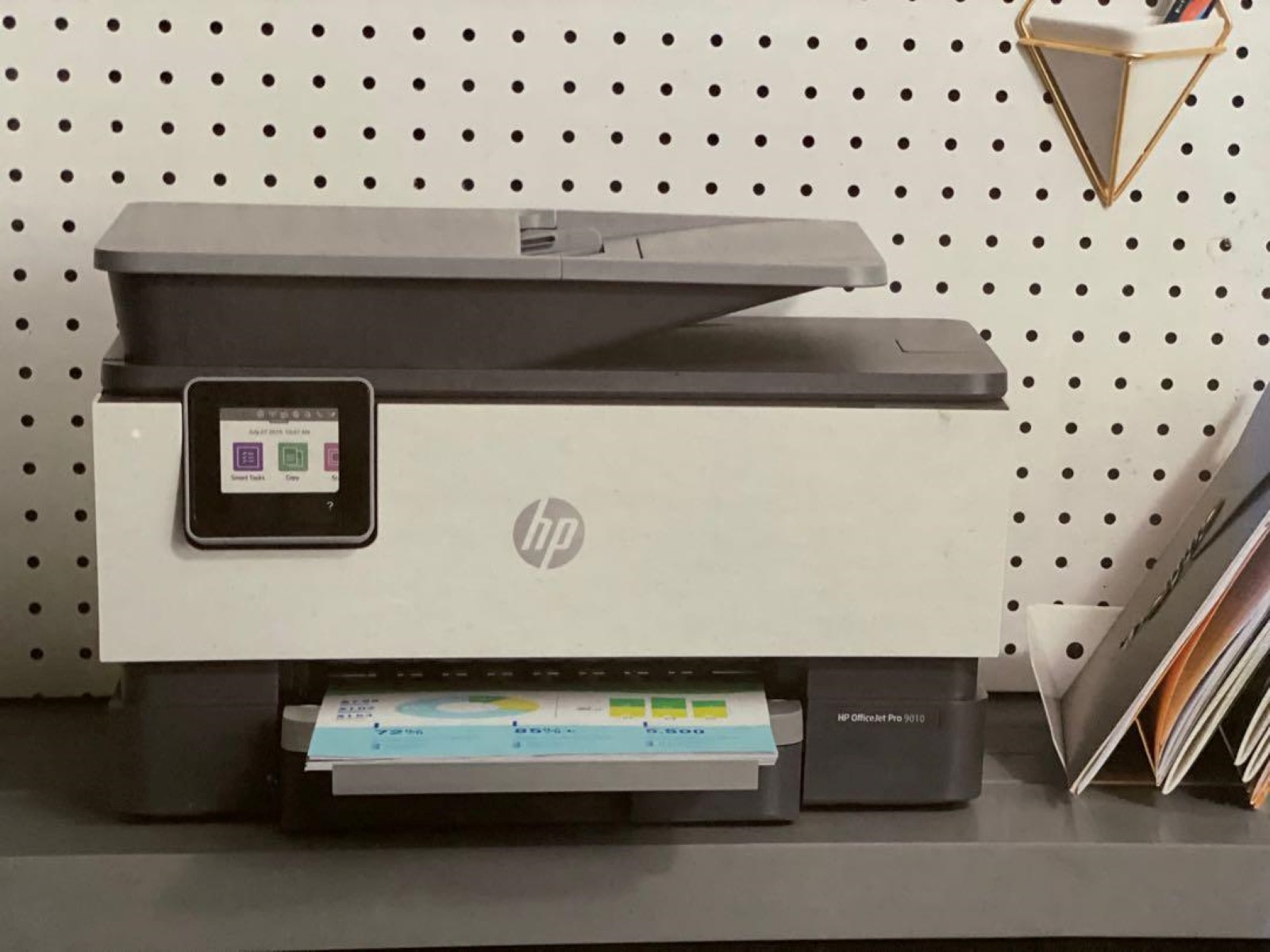

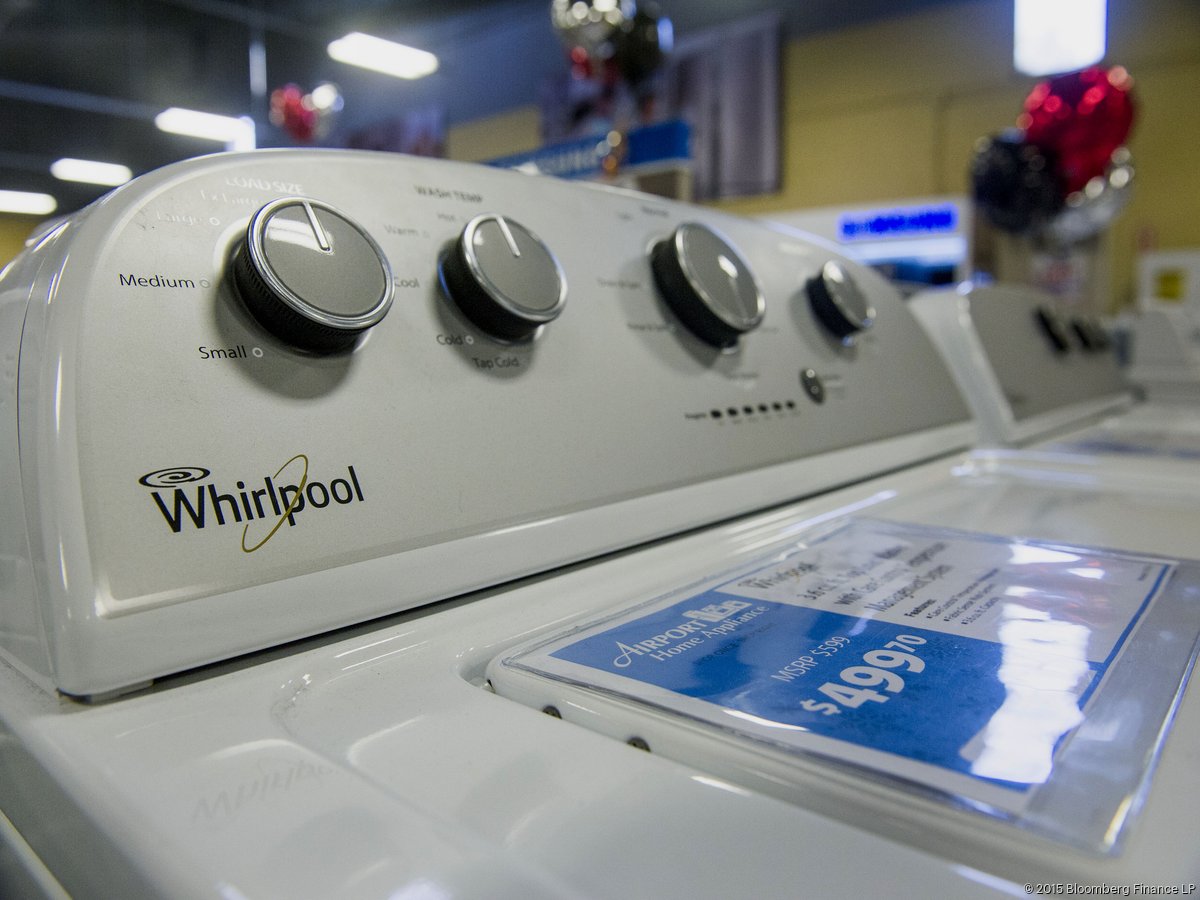


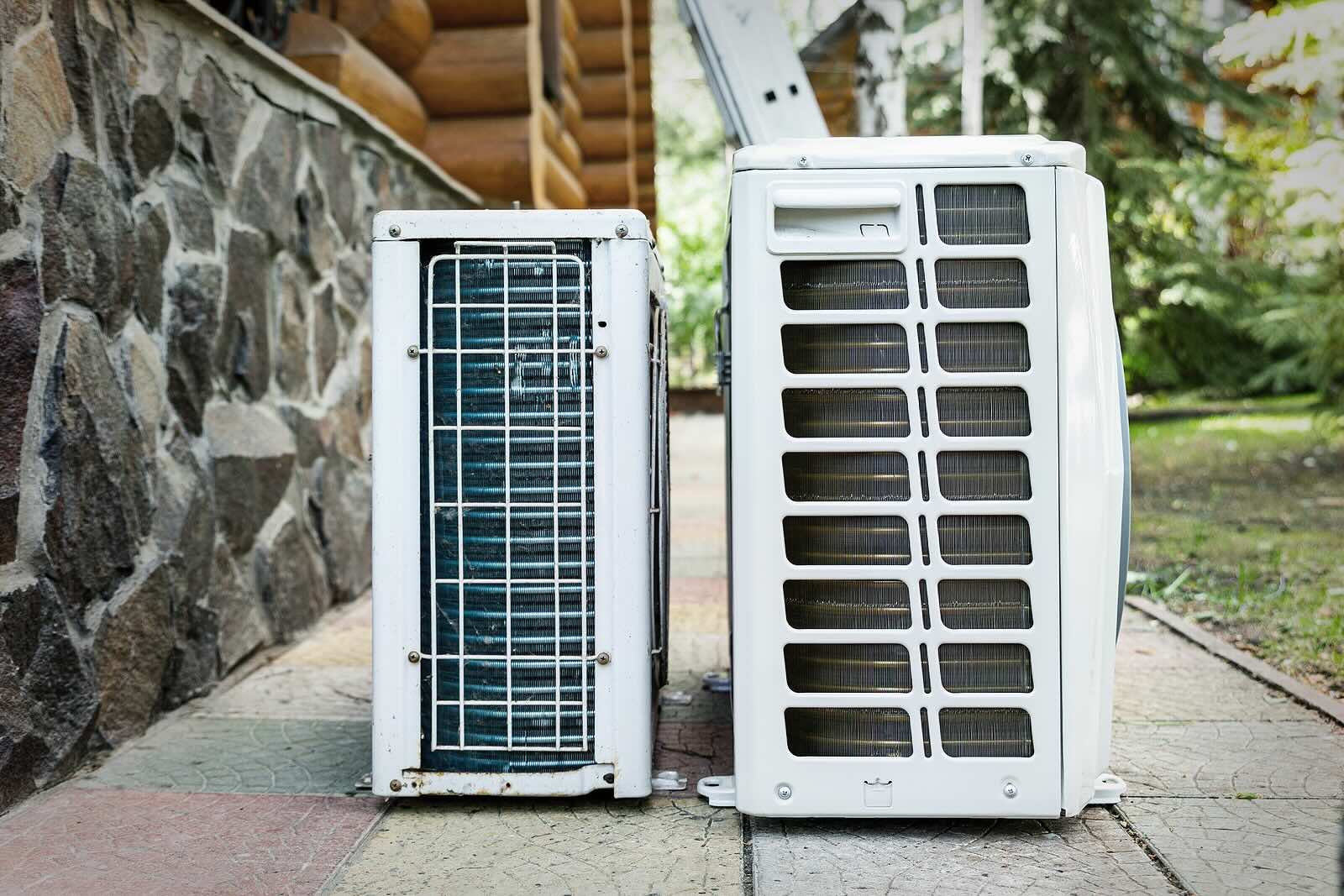
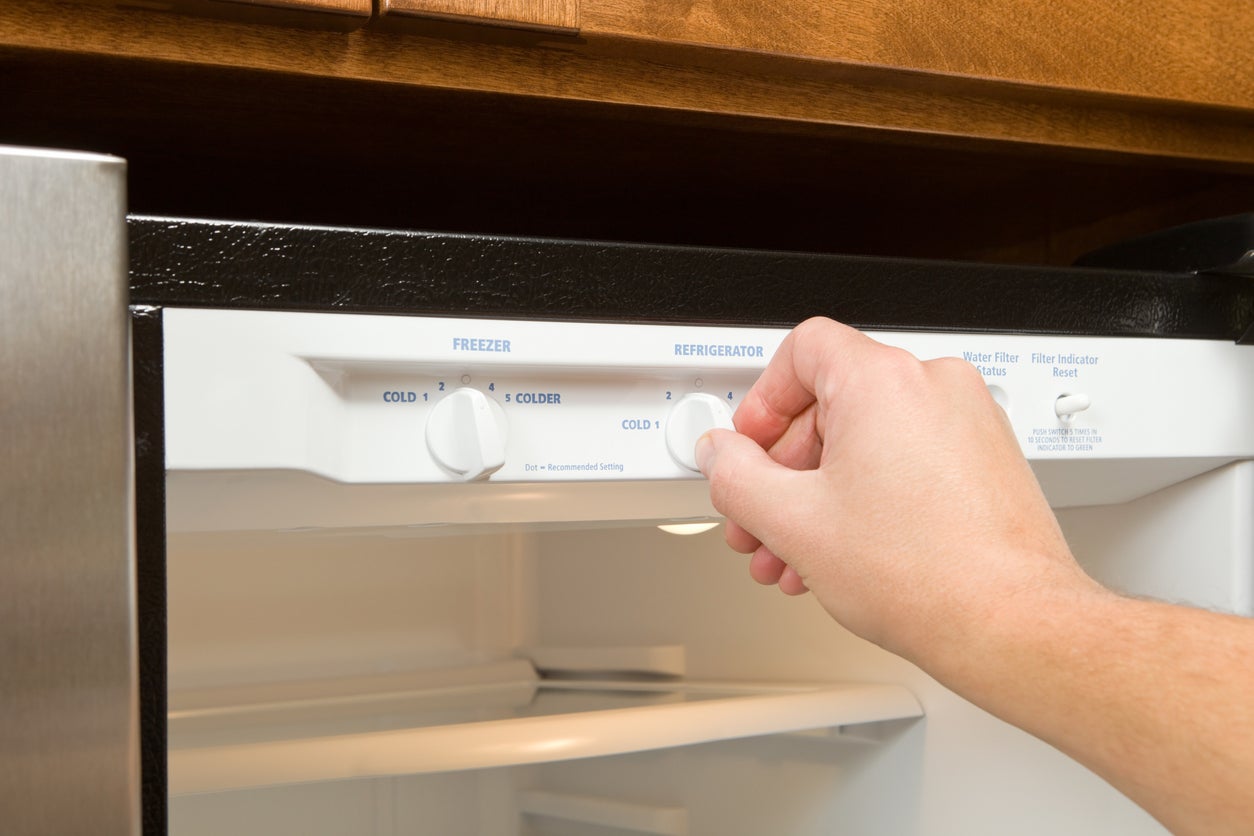
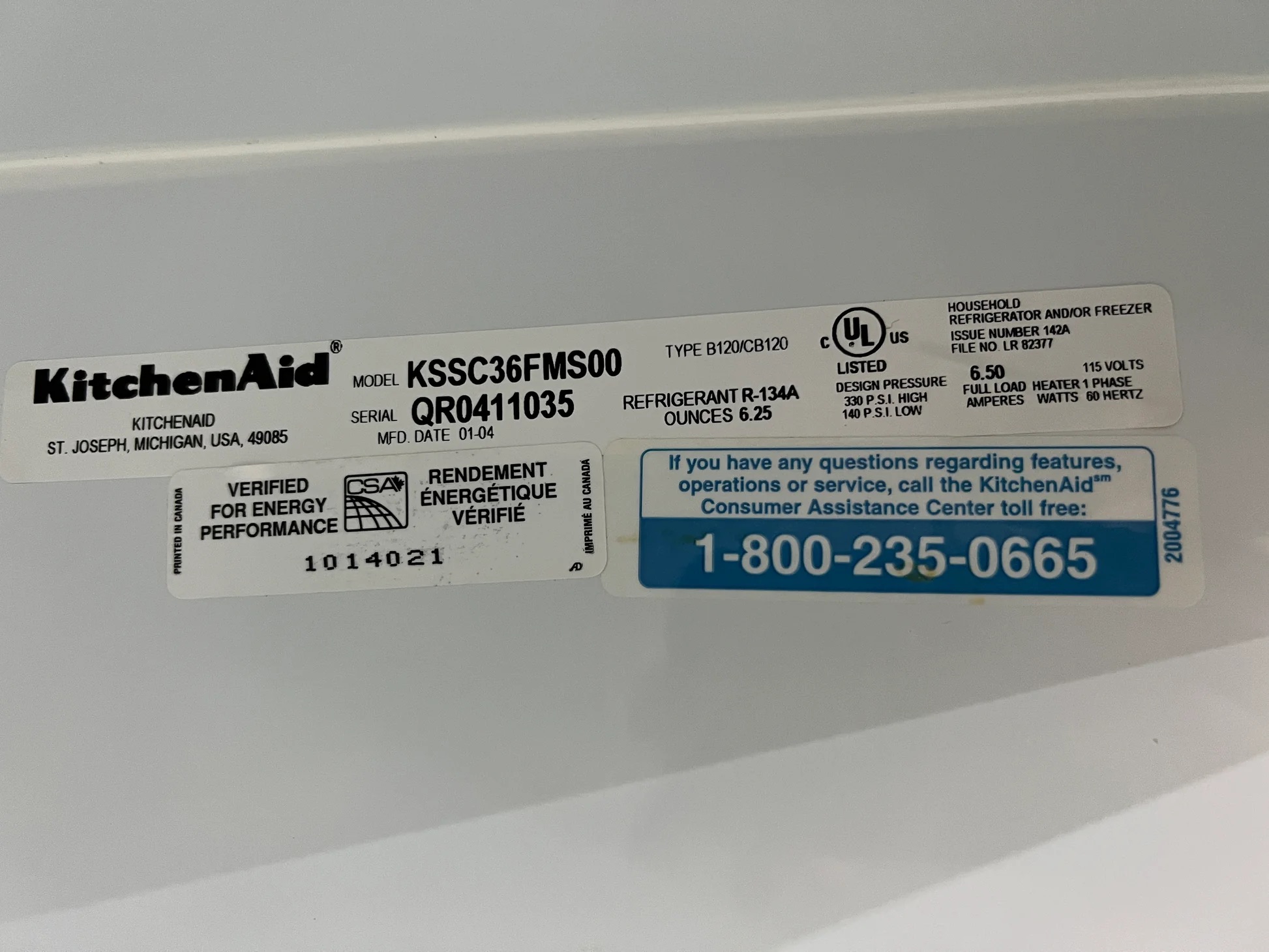
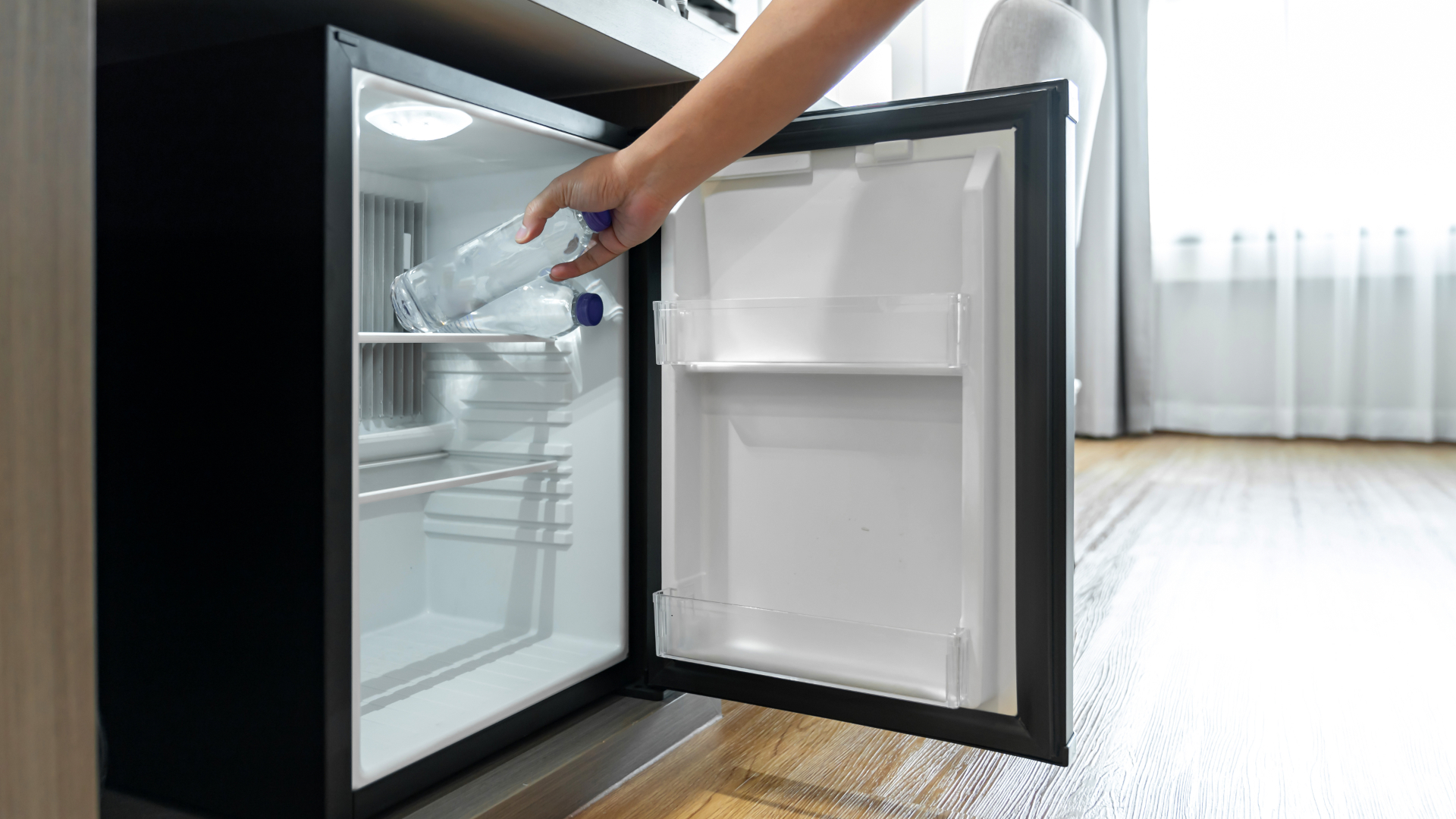
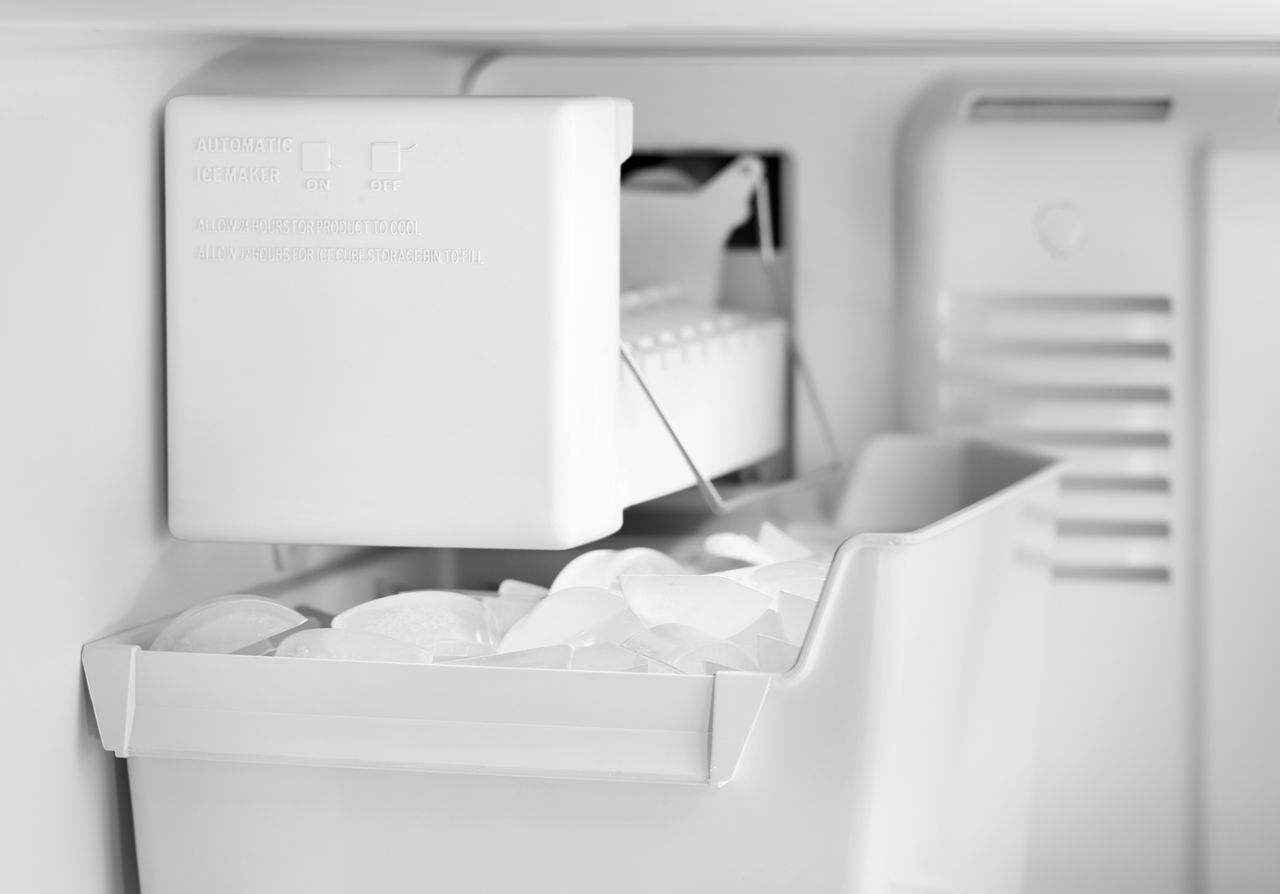
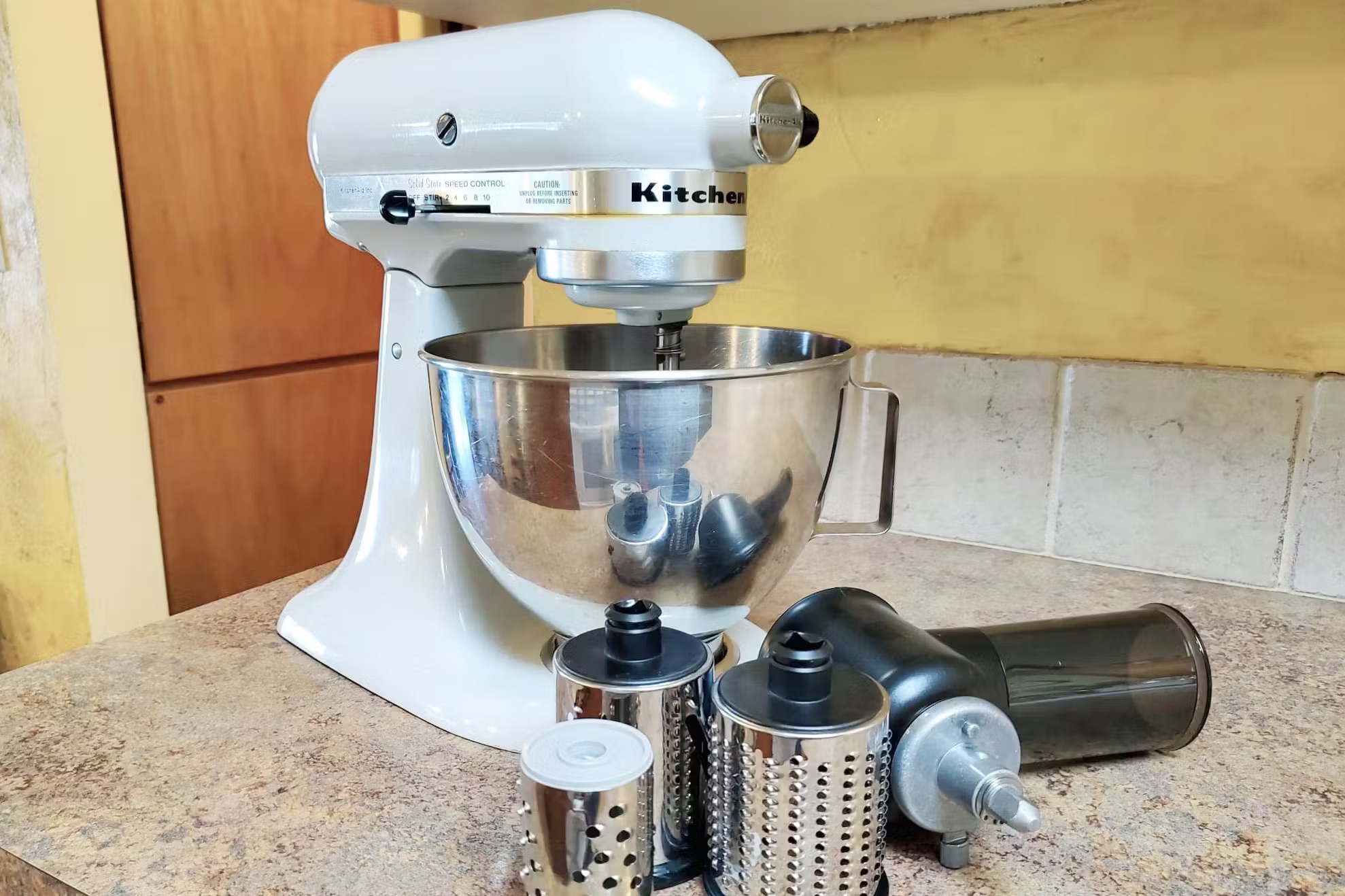
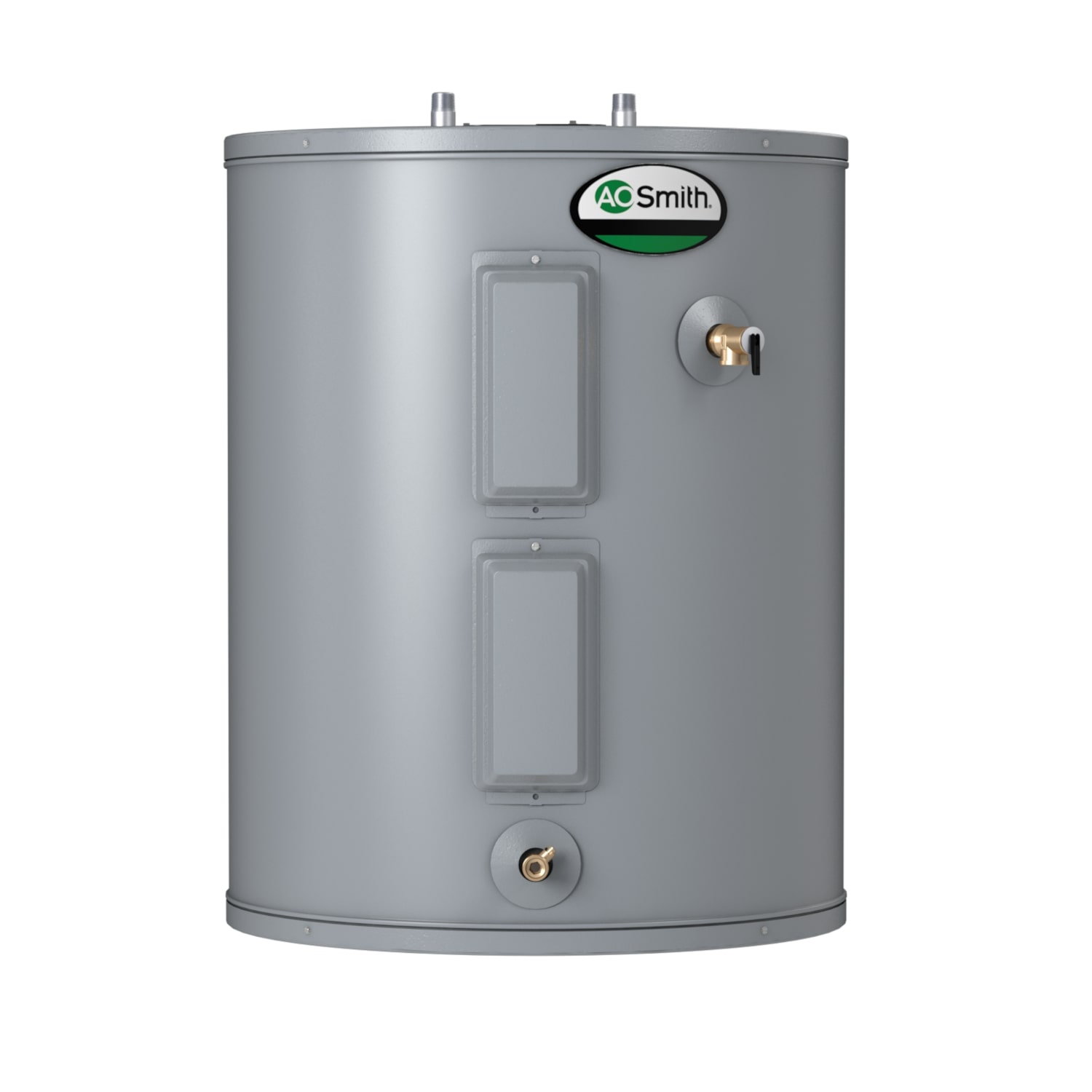
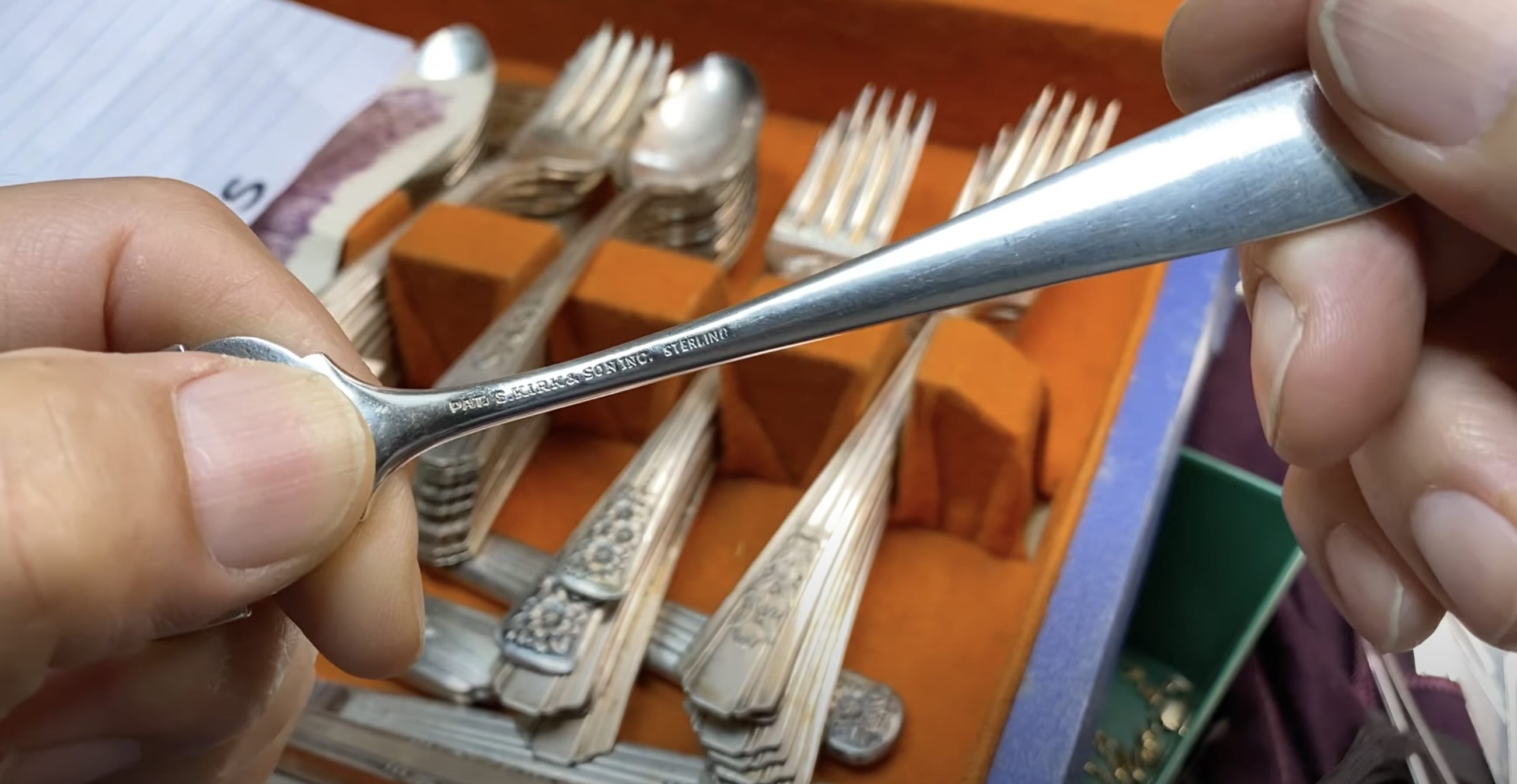
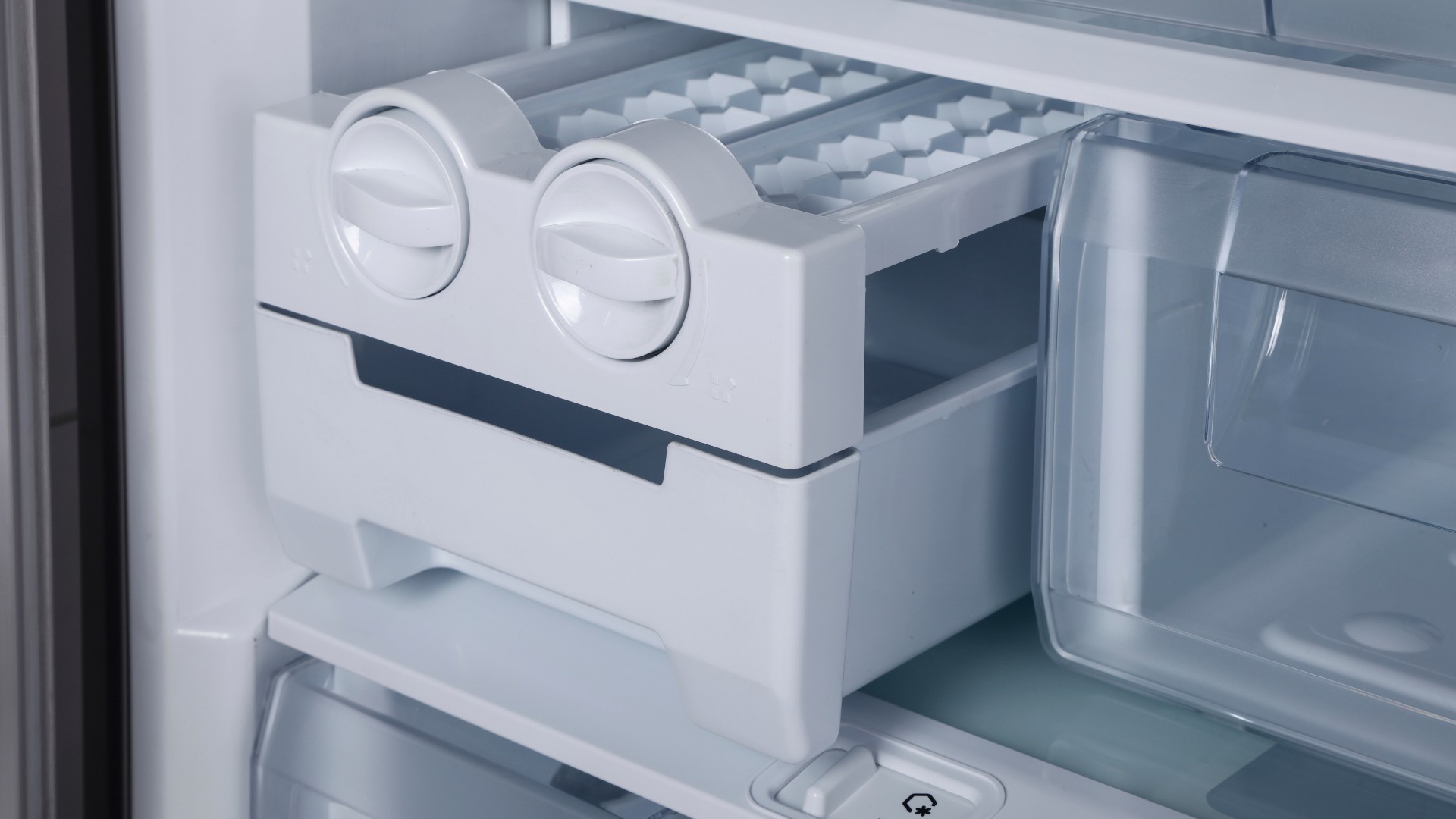

0 thoughts on “How Old Is My Refrigerator”